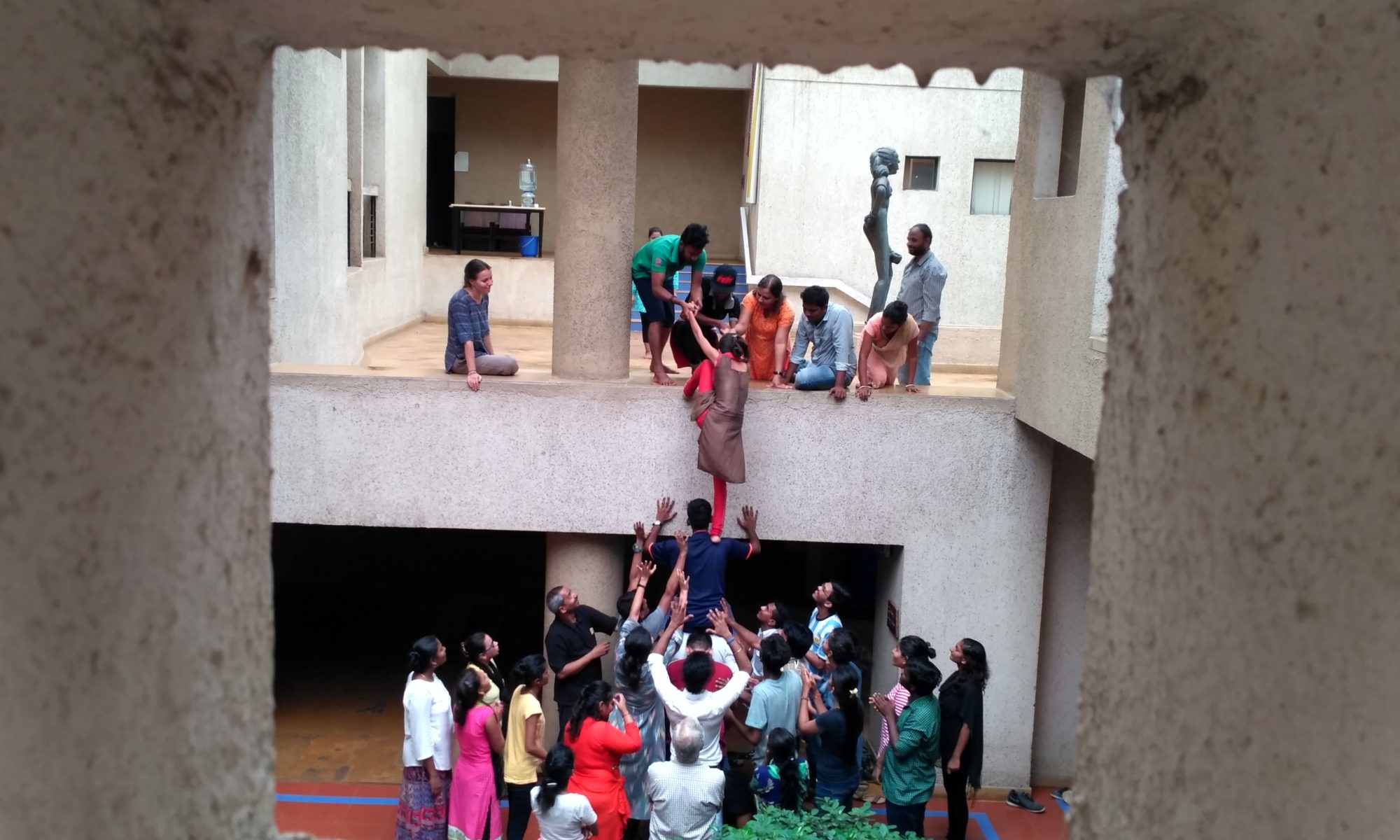Partners for Urban Knowledge, Action and Research (PUKAR) is an independent research collective and a knowledge production centre that provides a platform for cross disciplinary, multi-sectoral, community-based participatory action research on issues of urbanisation that connect the local and the global. PUKAR’s work draws upon the everyday realities of the city including the politics of space and identity through the lens of youth. It promotes research as a right for everyone and uses it as a tool for pedagogy, advocacy, intervention and transformation of the youth, the communities and the city at large.
Youth and Urban Knowledge Production
The Youth and Urban Knowledge Production theme
About PUKAR’s CBPAR Training Course
Recognized by the Centre of Lifelong Learning and Tata Institute of Social Sciences (TISS), it fosters PUKAR’s core principles of empowering communities by involving youth in the change-making process and bears semblance to the principles that TISS as an institution is also anchored on. This collaboration gives youth the opportunity to be validated by two significant research institutions. Through this proposed model, we wish to continue involving youth cutting across socio-economic-cultural hierarchies and enable them to use research as a means to stand between policy and practice. The course uses experiential learning and participatory pedagogies to make learning more effective and transforming. Thus, the course has a flexible design that aims to include adult learners from diverse backgrounds.
